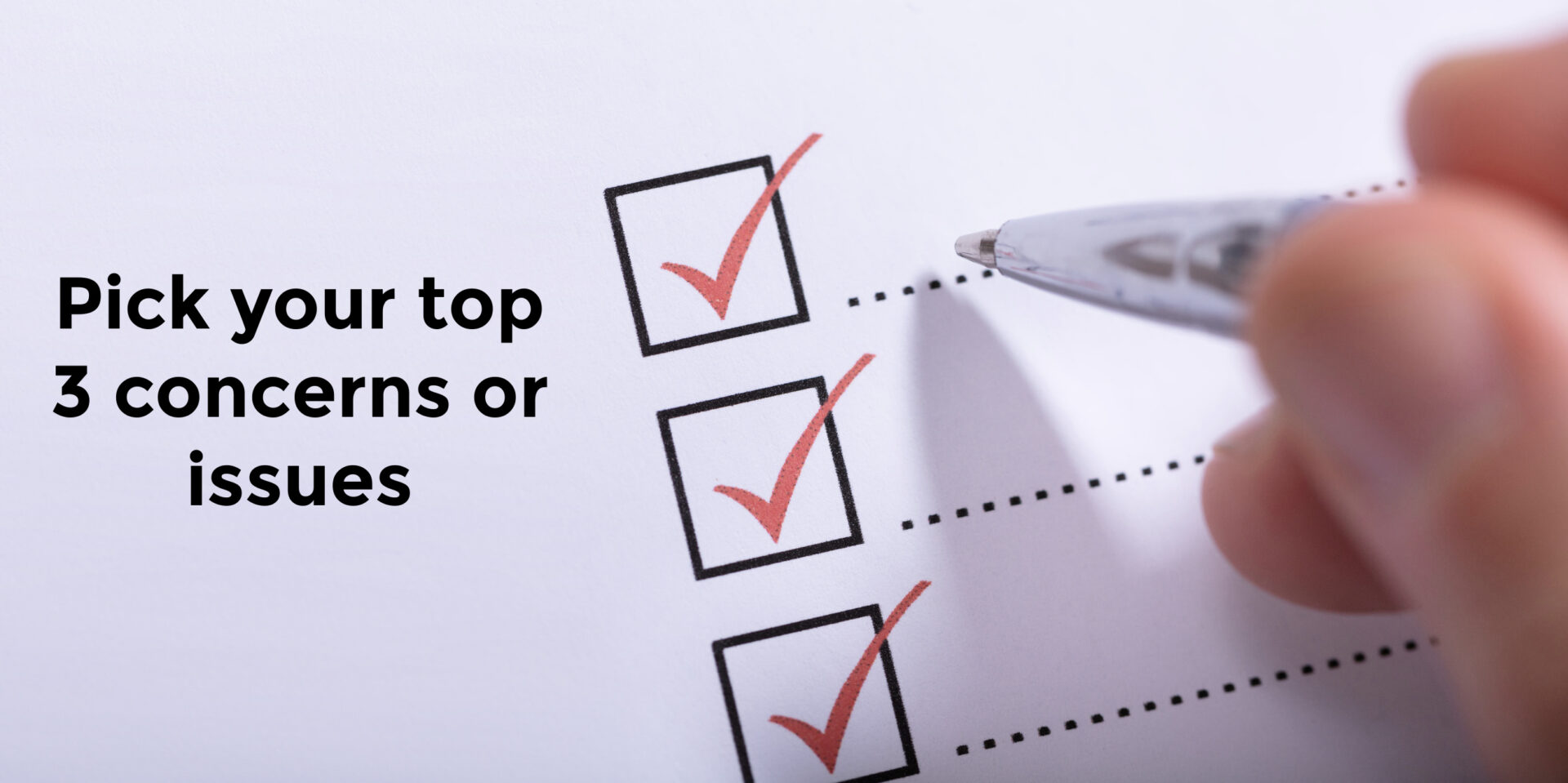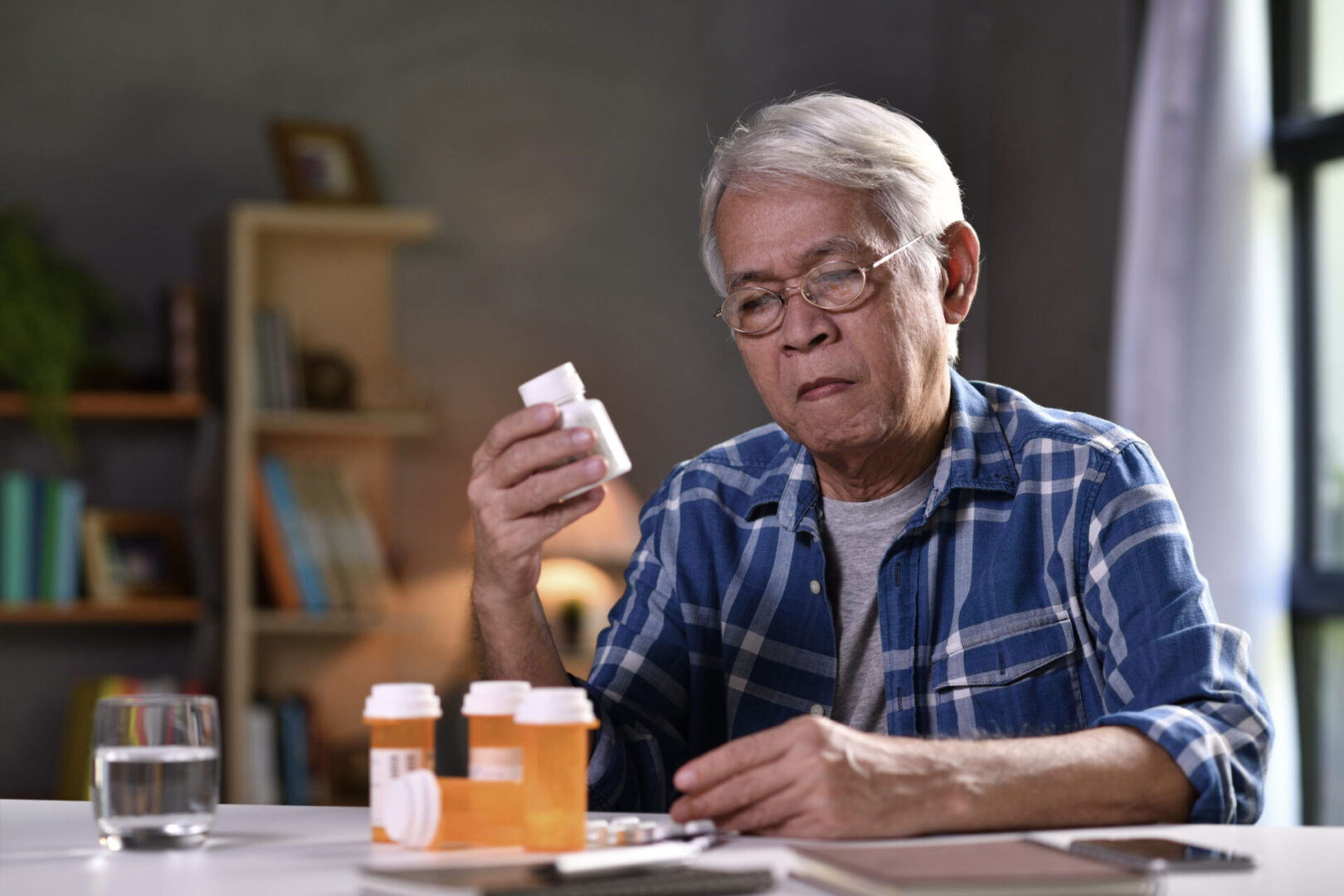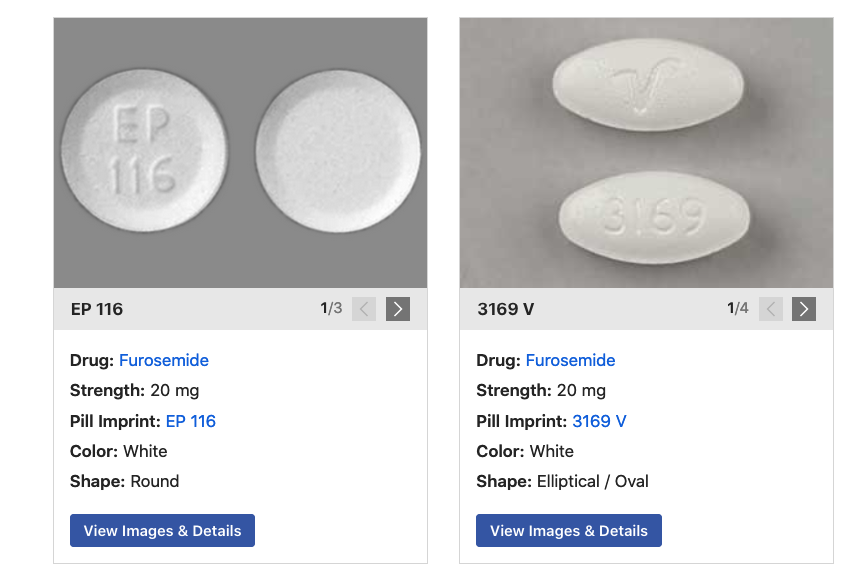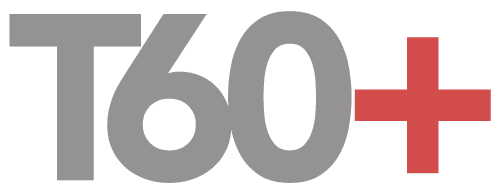Seriously, are you hiding your head in the sand?

How many times have I heard; I don’t know what my blood pressure is – my doctor takes it when I go for my annual visit.
How many times have I heard; I really don’t know what the medicine I am taking is for, I think my heart or something.
Health Literacy
Health Literacy is more important than ever and may be the key to keeping you healthy longer. Would you ever imagine putting diesel fuel into your gas car? Never getting your brakes checked for the life of your car? Never check the expiration date on the milk you buy or the meat you eat. Why would you not want to know more about your body and how things are working?
Information to make informed decisions about your health and treatment
What is health literacy? It is the ability to get, read, understand and use healthcare information to make appropriate decisions about you or your loved one’s health. It provides you with information to make informed decisions and the ability to follow instructions for treatment.
Health literacy has definitely come to light during the pandemic. The perception of how the COVID vaccines work is based on someone’s health literacy and belief system.
The majority of adults (53 percent) have intermediate health literacy and 22 percent have basic and 14 percent have below basic health literacy based on a study on that reviewed health literacy in the US (reference is below).
Where do you get your health information?
The study stated that adults with below basic or basic health literacy were more likely to get most of their information about health issues from radio and television.
Adults with higher health literacy tend to get their information about health issues from written sources (newspapers, magazines, books, brochures, or the Internet).
Nine out of 10 adults struggle to understand and use health information when it is unfamiliar, complex or jargon-filled according to the CDC.
How prepared are you when you go to your healthcare provider?

How do you prepare for your visit to your healthcare provider? Here are a few things you can do to be prepared.
Do you make a list in advance? Pick the top 3 concerns you have and write them down.
Do you have a list of all the medications you are taking? Bring them!
Did you have an recent lab work? Do you know the results or is that what you are expecting to learn?
Do you look up what he/she said to you when you go home?
These are some important basic questions and things to do when you have a health appointment.
Prescription Drugs

Let’s look at the prescription drugs you may be taking and how it can be more confusing than you might imagine.
Here’s our example. My husband got his prescription refills at the pharmacy a few weeks ago. He is on a few different medications for blood pressure. Here is what was filled: Two bottles of the same drug and another drug that had been discontinued. They are all for blood pressure control. This was just with one visit to the pharmacy.
Many people just take out the pills from the pill jar, follow the instructions (take one each morning) and put them in their pill reminder boxes, blindly. Even worse, someone else does it for the person and is not really paying attention.
The consequences of medication errors
Consequence? Too much blood pressure medicine can lead to a very low blood pressure causing a fall or worse. According to the CDC, nine out of 10 adults struggle to understand and use health information when it is unfamiliar, complex or jargon-filled and medications are part of this. The name of the drug (generic or trade) is confusing. The color of the pill changes as the pharmacy switches vendors to supply the latest generic pill.
Lasix or Furosemide (they are the same). Even the same generic drug can look different

Do you know what you are taking? Do you know the generic name if you are taking a trade name drugs (like Lasix or Furosemide, which is a diuretic). Below is a reference where you can check your drugs, the interactions your drugs may have with other medications you are taking and what the tablets may look like.
Bottom Line: The more we know the better our health can and should be. Learn more about your health. Don’t put your head in the sand.
References
Know the drugs you are taking and what they look like, here’s a great reference
Health Literacy
The Health Literacy of America’s Adults: Results From the 2003 National Assessment,
